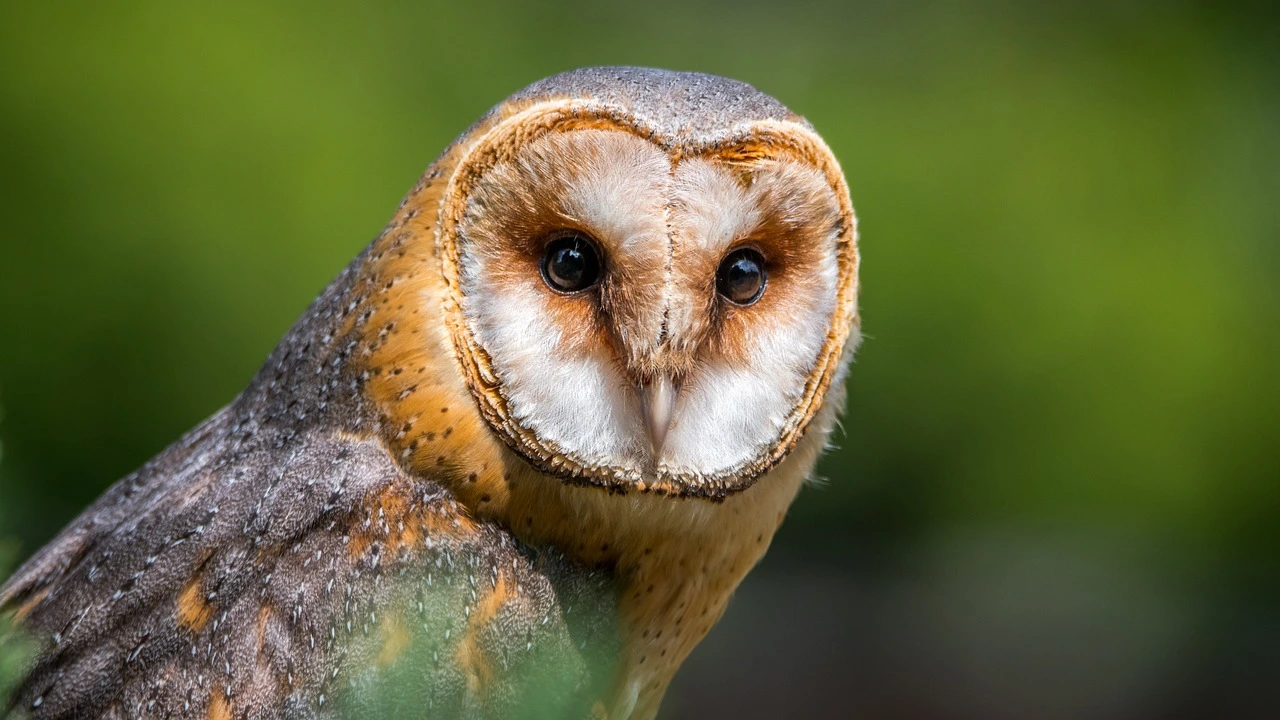Owls as pets have captured the fascination of exotic animal enthusiasts worldwide. Their mysterious charm and majestic appearance make them a tempting choice for those seeking a unique companion. However, keeping an owl as a pet is not a decision to be taken lightly. In this post, we’ll explore the legality, care, challenges, and everything you need to know about owning an owl.
For more on exotic pets, check out our guide on exotic pets for emotional support.
Is It Legal and Ethical to Own an Owl?
Owning an owl as a pet is heavily regulated in many countries. In the U.S., for example, native owls are protected by the Migratory Bird Treaty Act, making it illegal to keep them as pets. Non-native species, such as the Eurasian eagle owl, may be legal in some states with permits. Ethically, owls are wild animals and require specialized care, making them unsuitable for most households.
Learn more about legal considerations for exotic animals in our post on why Bengal cats are illegal in some areas.
Do Owls Make Good Pets?
Owls are not domesticated animals, and their behavior reflects their wild instincts. While they may bond with their owners to some extent, they are solitary by nature and require significant space and enrichment. They can also be noisy and messy, which may not align with the expectations of a typical pet owner.
For insights into pet behavior, visit our article on therapy animals for social anxiety.
What Do Owls Eat?
Owls are carnivorous and require a diet primarily consisting of whole prey, such as mice, rats, and small birds. This diet can be challenging and expensive to source and manage. Feeding owls also involves handling frozen or live prey, which is not suitable for everyone.
For more on pet nutrition, check out our post on low-maintenance pets with emotional benefits.
Housing and Environment for Owls
Owls need large enclosures or aviaries that mimic their natural environment. This includes:
- Ample space for flying and perching.
- Perches of varying heights and textures.
- Access to fresh air and natural light.
Keeping an owl indoors is not ideal, as they require more space and stimulation than a traditional pet.
Learn more about creating suitable habitats in our guide on how to care for exotic pets.
Lifespan and Long-Term Commitment
Owls live 10-25 years in captivity, depending on the species and quality of care. This long lifespan requires a significant commitment, including consistent veterinary care, proper diet, and daily enrichment activities.
For more on long-term pet care, visit our post on how cats help with loneliness.
Challenges of Keeping Owls as Pets
- Noise Levels: Owls are vocal and may call loudly, especially at night.
- Messiness: Their diet and droppings require frequent cleaning.
- Behavior: Owls retain their wild instincts, making them difficult to handle and train.
These challenges make them unsuitable for most households.
Explore alternative pet options in our post on the top companionship pets for comfort and support.
Alternatives to Owning an Owl
If you’re captivated by owls but unsure about keeping one as a pet, consider:
- Visiting owl sanctuaries or wildlife centers.
- Supporting owl conservation programs.
- Observing owls in their natural habitats through birdwatching.
For more about enjoying wildlife ethically, check out our article on animal-assisted therapy techniques.
Conclusion
Owls as pets are a complex and challenging commitment that requires extensive research, legal compliance, and ethical considerations. While they are fascinating creatures, their care needs and wild instincts make them unsuitable for most people. Consider exploring alternative ways to enjoy and support these majestic birds.
For more insights into exotic pets and their care, visit our homepage: Therappets.

